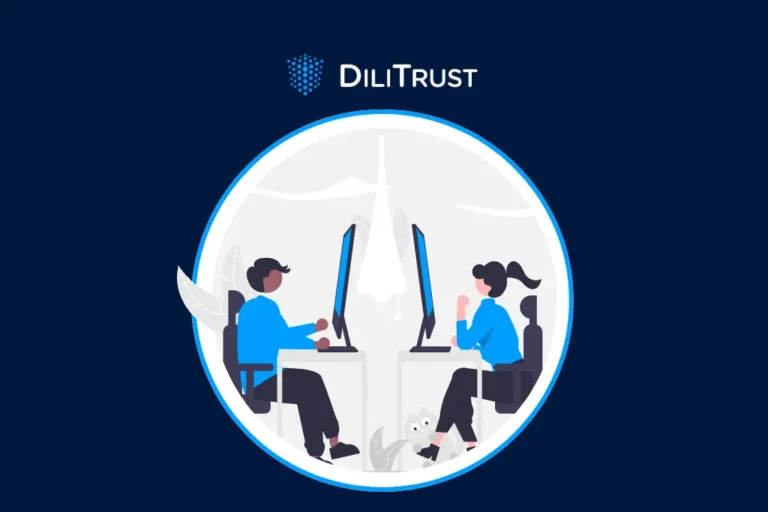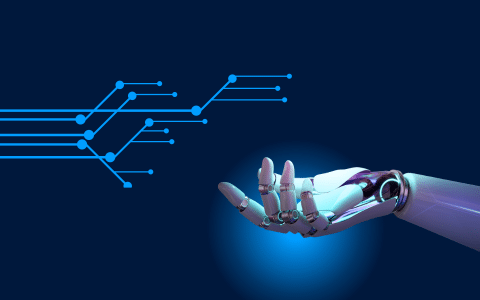Within the world of mergers and acquisitions, it might sometimes seem like there can only be two modes when trying to integrate philosophies: threading on eggshells or stomping like elephants. Corporate culture can be fragile, and it should therefore be a priority to merge two different ones with careful thought. Without a thoughtful process behind the merger, the potential for a cultural clash is high.
Why cultural differences matter in mergers & acquisitions
When the time has come to merge or acquire, there will probably be more than one issue that the two former companies struggle with. However, chances are that these are not business-related, but rather to keep the old corporate culture intact.
In an article published by Deloitte, it is stated that company culture is one of the largest barriers when trying to integrate, or merge, two different businesses. Companies with different cultures can find it difficult, if not often impossible, to make quick decisions and operate effectively if they are not handling the integration correctly. Leading the merger or acquisition to a point of breakdown.
Cultural differences and maximizing business
Corporate culture has emerged as one of the dominant barriers to effective integration. If two companies with distinct rules and guidelines merge, there is a high possibility of a clash happening. And when integration isn’t working it can also affect the business negatively as employees won’t be as motivated or can feel lost.
The organization culture is something that is created by the leaders of an organization. Therefore, in order to maximize human capital, it is important for leaders to realize that the culture of a company is a highly motivating factor for employees.
The main cultural deal breakers for employees
Something that can often be a part of sinking a merger is when employees feel left out. If they have no clue what the new corporate culture will be, it can be hard to realize what’s expected in the new work environment. In an article published by Corporate Finance in Europe, some of the reasons employees don’t feel at ease within a merger or acquisition are:
- Micromanagement
It is certain that two merging companies will not work in the same ways. Trying to force a type of work structure onto one another will make for uncomfortable scenarios. And the feeling of having the employer always looking over one’s shoulder to check that things are done in the “new way” is a certain way of feeling untrusted. If there is no trust, employee performance can be affected.
- Lack of transparency
When a merger or acquisition has happened, it is easy to keep the mindset of confidentiality. However, for employees to feel valued it is important that they are included in everything that will affect the everyday work structure. This is not only for employees to have a straight path but also in order to create a bond of responsibility for the new agenda.
- Disengagement
With disengaged management also comes a disengaged workforce. When managers are not happy, it shows in productivity. Leaders should guide and encourage their teams. However, if these leaders do not succeed, employees will also follow their detachment from embanking into the new corporate culture.
Avoiding culture clash during mergers
The motivational speaker Simon Sinek, who focuses on corporate leadership, wrote in his book “Leaders Eat Last” that feedback is vastly important when combining different backgrounds. With a feedback culture, it is communicated what can be expected, and it works both ways; from manager to employee and vice versa.
To consider is also a generational aspect. Though the younger generation normally embraces uncertainty and excel at first impression, they have a hard time keeping steadiness within a long-term goal. Older generations have shown to like stability, and they are clear about it. So integrating cultures should be considered with age in mind too.
DiliTrust can help ease a merger or acquisition
When going into a merger, the importance lies in communication. If this said merger is a cross-border one, then surely there will be difficulties as people are not located at the same place. However, this can be eased with the help of an online data room according to an article published by Forbes.
With the help of DiliTrust’s Documentation Library, M&As can easily be managed by all included parties, while keeping confidential material secure. The DiliTrust Documentation Library enables access to confidential data during M&As. The reading, printing, and sending of different documents are all under perfect control with tracked user activity.
If you would like to know more about DiliTrust’s Documentation Library module, contact one of our experts!
? This content may also be of interest to you:



